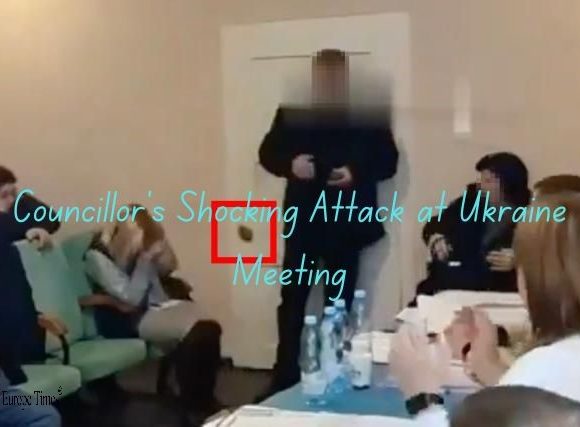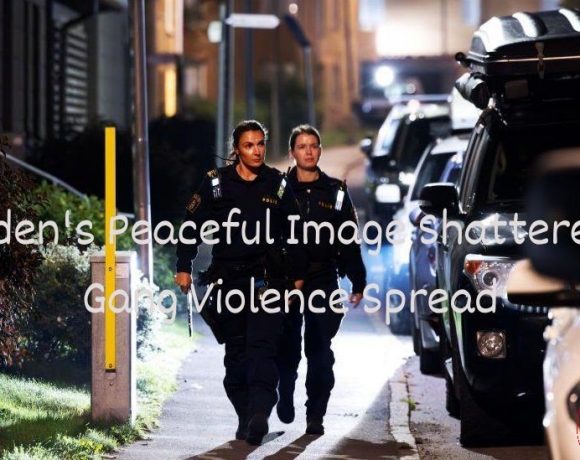
In the western Transcarpathian region of Ukraine, a shocking incident unfolded during a village council meeting in Keretsky when a councillor threw grenades, injuring a total of 26 people. The meeting, which was livestreamed on Facebook, centered around discussions on the 2024 budget and financial results for the current year. The attacker’s motive remains unknown, and police have yet to provide details on the possible reasons behind the assault.
The chaotic scene unfolded approximately 90 minutes into the meeting when one councillor, visibly agitated about the budget discussions, abruptly left the room and returned with grenades. In a chilling sequence captured on the livestream, the assailant briefly attempted to attract attention, uttering “May I, may I?” before hurling the grenades into the meeting. The resulting explosion left six individuals in critical condition, while the broader community of Keretsky, with a population of around 4,000, grapples with the aftermath of this unforeseen act of violence.
Despite Ukraine’s ongoing conflict with Russia and widespread access to weaponry, there is currently no evidence linking this attack to the geopolitical tensions in the region. The village of Keretsky, situated not far from the Hungarian border, now finds itself in the midst of an investigation as Ukrainian police designate the incident as a “terrorist attack.” The SBU security service will lead the inquiry into this shocking act, with authorities seeking to understand the motives behind the councillor’s violent actions.
As the investigation unfolds, it has been reported that the assailant, who is now in serious condition, was promptly taken to a hospital and admitted to an intensive care unit. The incident has left the community in shock and raises questions about the safety and security of local government meetings. The repercussions of this violent event will undoubtedly reverberate through the village and the broader region as authorities work to piece together the motives behind this unsettling act of aggression.
Picture Courtesy: Google/images are subject to copyright

